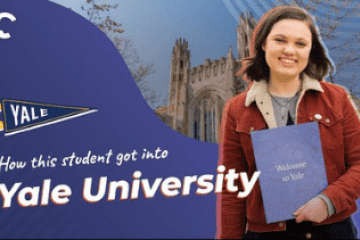South Africa's president, Thabo Mbeki, has called on African universities to raise their voices on the continental stage to assist development and respond to unprecedented support from developed countries, especially the G8, which meets in Scotland in June.
Mr Mbeki also urged universities to monitor their progress in achieving the goals of good governance, peace, stability and economic growth set by the New Partnership for Africa's Development (Nepad) and the European Union-style African Union (AU) to help drive Africa's renaissance.
He was speaking at the 11th quadrennial conference of the Association of African Universities (AAU) in Cape Town last week, which was attended by nearly 400 higher education leaders from Africa, Europe, Asia, the US and Australia.
Both the AAU, which represents more than 110 African universities, and the 500-member Association of Commonwealth Universities are campaigning for the revival of Africa's once vibrant, now resource-strapped universities, under the umbrella of Nepad and the AU.
Mr Mbeki said African universities faced three major challenges. The first was to analyse problems and offer practical solutions. The second was to set up centres to measure progress in key areas such as democracy, peace, stability, human rights and development. And the third was to support socioeconomic development on a continent that "now speaks with one voice" about Africa's pressing needs.
For the first time, the developed world had committed itself to an African support programme designed to achieve an African vision, Mr Mbeki said. He urged universities to collaborate with each other and with governments and societies, on programmes that "define the 21st century in our interest", consolidate positive changes in Africa and revive universities.
The event also saw the launch, as a chapter of the AAU, of the Southern African Regional Universities Association(Sarua), the first higher-education association in Africa to tackle both the needs of universities and development priorities in the region.
Wiseman Nkuhlu, the South African chairman of Nepad's steering committee, said that Tony Blair's Commission for Africa report, the growing support from the G8 and the strengthening of the AU all helped to create a window of opportunity that Africa should not miss.
He said:"In the spirit of the African renaissance, African universities must take centre stage."
Sarua's creation was driven by the South African Universities Vice-Chancellors Association (Sauvca) after a mandate from regional vice-chancellors in 2003. It will represent public universities in the 14-country Southern African Development Community.
The first three-year chair of the regional body is Njabulo Ndebele, vice-chancellor of the University of Cape Town and president of Sauvca, which will be its management hub.
Professor Ndebele told the AAU conference that Africa's revival depended on intra-continental collaboration within the framework of Nepad. African scholars, he said, were very mindful of their role in producing people "with the skills and the energy to work towards regenerating economies across the continent".
Movement of talent and ideas across Africa should "become a common experience for all Africans", Professor Ndebele said.
Register to continue
Why register?
- Registration is free and only takes a moment
- Once registered, you can read 3 articles a month
- Sign up for our newsletter
Subscribe
Or subscribe for unlimited access to:
- Unlimited access to news, views, insights & reviews
- Digital editions
- Digital access to THE’s university and college rankings analysis
Already registered or a current subscriber?







